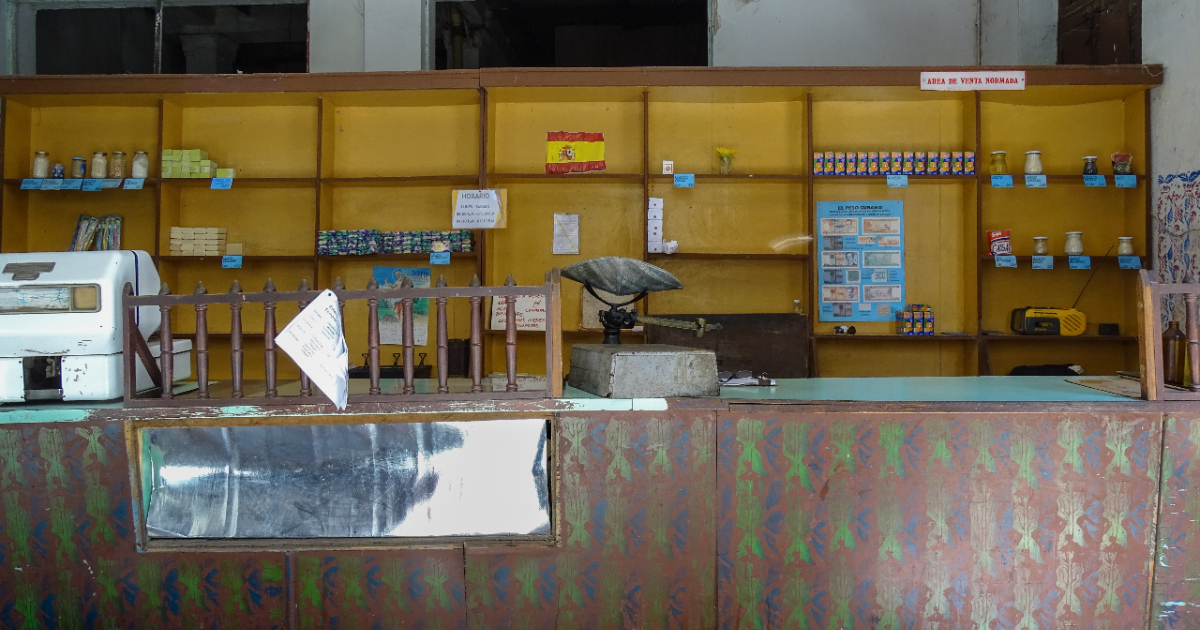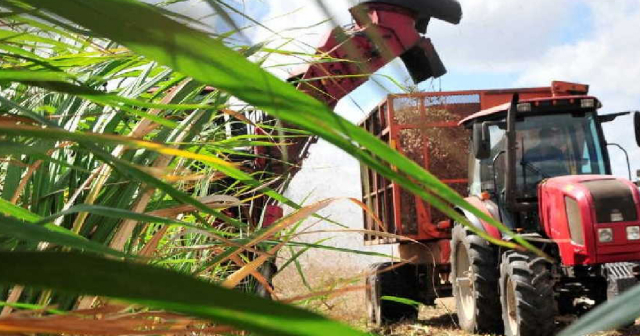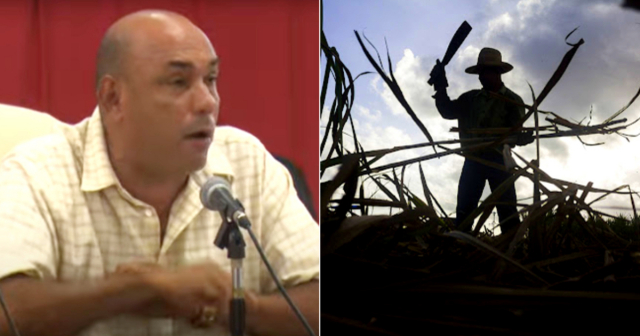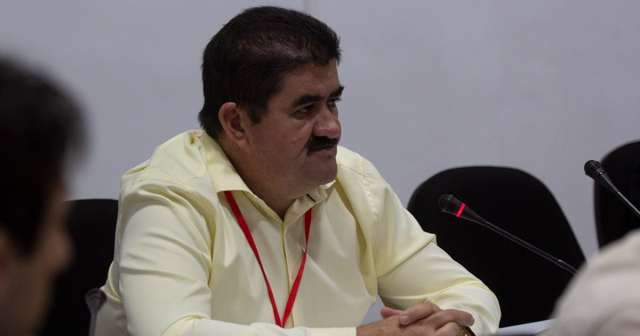
The Cuban government assured, in the midst of the food shortage that is hitting the people, that it is capable ofincrease food supplyand that they can do so "in a meaningful way."
The Minister of the Food Industry,Manuel Sobrino Martínez, said that "despite the financial limitations and other factors that have affected the country in recent years, the industry has sufficient capacity to significantly increase the supply of food for the people."
His statements come in the midst of a deepfood crisis in Cuba, the increase in blackouts, productive decline and economic inflation that pushes many families into extreme poverty, leaving them without a plate of food to put on the table.
The official said that in the case of thewheat flour production They have an installed industrial capacity to process 730,000 tons of wheat per year. This would allow them to generate 1,500 tons of flour per day and, according to their data, around 700 tons per day are currently consumed in Cuba.
However, last weekthere was no flour in many Cuban provinces to make bread, nor other foods.
Nephew Martínez assured that they also haveindustrial capacity to produce milk, a product that is not available to the population and is found in theirregular market at a very high price.
"Our industry can receive 1,500,000 liters per day and can package and deliver 500,000 liters each day, as well as 60,274 gallons per day and 100,000 liters of yogurt daily," he said, despite the fact that it is one of the most difficult foods to acquire. in the country because simplythere is no milk.
Sobrino assured that the meat that the government sells for the regulated quota "does not satisfy all the nutritional requirements of the people."
He clarified that this is not due to low industrial processing capacity because the slaughterhouses can manage 18,000 tons of live cattle per month and 16,000 tons of pigs per month.
"We have the capacity to generate 170,000 tons of sausages per year. If we could achieve this, we could give six times more than what we give in the regulated family basket," commented the minister.
He explained that they have low capacity to process pork, due to low availability of raw materials; and they are not receiving the usual domestically produced beef or milk volumes.
"In the last three years, production has decreased, which is reflected in daily life. We are processing less food industrially than was processed in 2022 and 2021," he said and blamed the shortages on the "recrudescence of blocking measures" of the United States and other external factors.
"We are not doing well in 2023, we are failing to comply, with only 58% of what was planned and with 23% less than what was achieved in 2022," he said in reference to food production.
Regarding fishing activity, he said that it requires an average of six million dollars a year and it has been four years since they bought fishing gear. "Two million pieces of fishing gear arrived in the country, so we expect a certain recovery (in 2023)," he commented.
Aftermonths without distributing coffee of the supply book, now the regime says that there is "a favorable situation" with that product and that the raw materials for the rest of the year are guaranteed, "with much better quality."
The minister made these statements on Tuesday at the Round Table. He insisted that the Cuban government is not takingneoliberal economic measures and to emphasize it he took the distribution of regulated milk as an example.
He affirmed that the regime makes a great effort and assumes the costs of guaranteeing a liter of milk daily to more than a million children in Cuba. Then he asked himself“Who could drink milk in Cuba?” if they decided to sell the dairy products to the people at the international market price.
What do you think?
SEE COMMENTS (2)Filed in:






